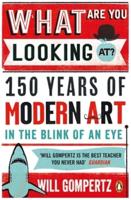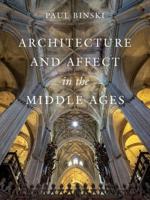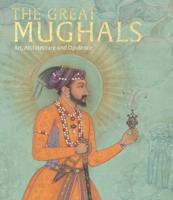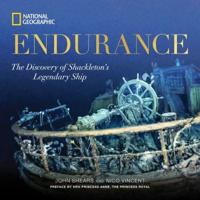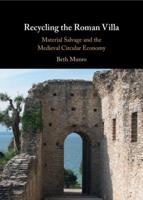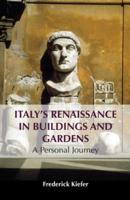Publisher's Synopsis
Albert Brussee (www.albertbrussee.nl), son of a well-known author of school books and a musical mother, divides his time between playing the piano, teaching - he was for 35 years a teacher at the Royal Conservatory in The Hague for the subjects Piano and Keyboard History - composing and writing. He has published a large number of articles in 18 music music magazines worldwide, with emphasis on Franz Liszt. Retired in 2010, it is his aim to elaborate some of the subjects on which he has written in the past, and to publish them in book form.One of those themes is the story of Mazeppa, who, as a page at the court of the Polish king Jan II Kazimierz, had an affair with the wife of an older, powerful nobleman. Out of revenge the betrayed husband had the apprehended lover bound to a wild horse, whereupon the animal was whipped into the wilderness. Although the story was probably invented by a rival courtier, this narrative inspired dozens of artists in the 19th century, including Byron, Hugo, Géricault, Delacroix, Liszt and Tchaikovsky. After two introductory chapters on the historical Mazeppa and Romanticism as a style, the author discusses about forty poems, plays and novels. He then probes deeply into the genre hippodrama - an obsolete form of spectacle in which the horse played the main role - because in circuses and theatres the Mazeppa story was staged scenically over a period of more than sixty years; this type of performance evolved into the genre of the (silent) film. Chapter V reveals dozens of Mazeppa paintings, including a virtually unknown painting by Delacroix, which the writer was able to trace in Cairo. The book concludes with three chapters about musical works inspired by the Mazeppa legend: twenty Mazeppa operas and operettas, many of them completely forgotten or even lost, an even larger number of keyboard pieces and some cantatas, choral works and orchestral compositions.The richly illustrated book (174 images in full colour) is written for the culture-minded reader who is interested in the many and varied facets of the Romantic arts and their interrelations. Specific knowledge of music theory is not assumed.

